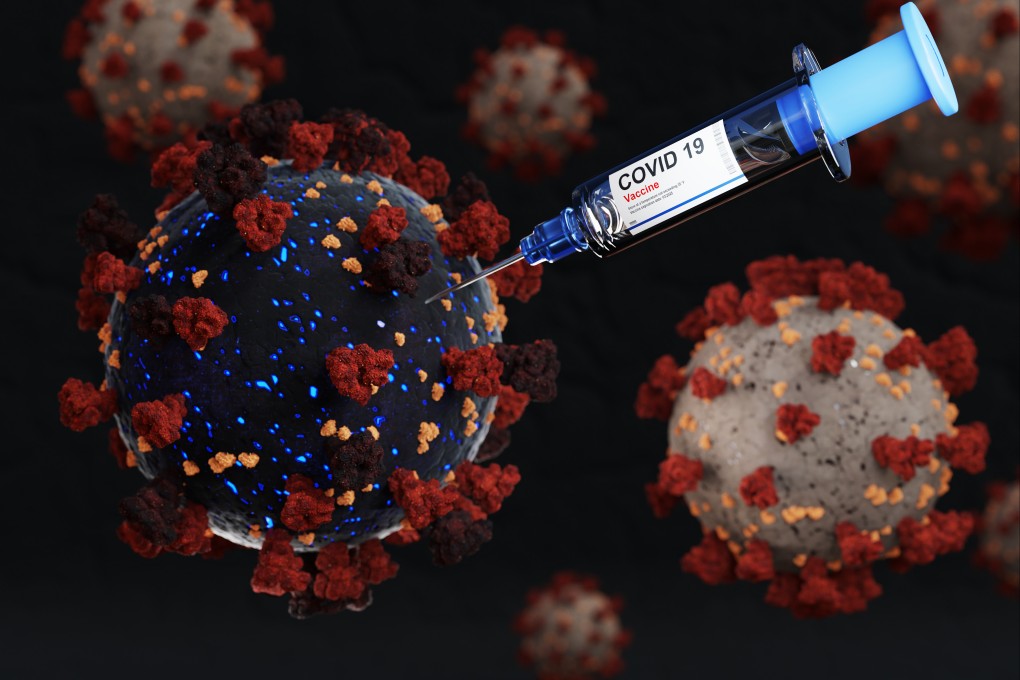Can vaccines keep long Covid at bay? The answer is still a maybe
- Studies in Israel and the UK suggest vaccines protect against long-term impact of Sars-CoV-2 infection
- Contradictory results, as revealed in another UK preprint, highlight need for more data to arrive at a firm conclusion

The symptoms of long Covid range from fatigue, breathing difficulties, insomnia, joint or chest pain, and brain fog, to more serious problems such as organ damage – including the kidneys, lungs, pancreas and heart.
The World Health Organization (WHO) defines long Covid as having these conditions three months from the onset of Covid-19 and lasting for at least two months, with no explanation from alternative diagnoses.
Scientists are still trying to figure out the causes. Some suggest long Covid may have something to do with the organ damage caused by Sars-CoV-2, the coronavirus behind Covid-19, while others believe it depends on the immune response of an infected person.
Such conditions can develop even among asymptomatic or mild cases of Covid-19, and they can relapse even if the symptoms seem to be gone.
To what extent vaccines can prevent or reduce such conditions is under research, but there are no final conclusions yet.
